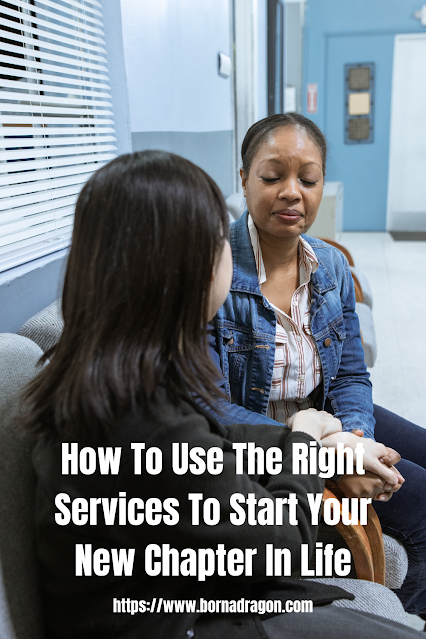Making the decision to relocate an elderly relative into a retirement community can be challenging and stressful emotionally. Although it's normal to desire to keep a loved one nearby and encourage their independence, as they age, they could require more care and assistance than you can give.
However, a lot of elderly people are reluctant to leave their homes and the comfortable surroundings they have learned to love. In this post, we'll go over some things to think about when choosing a retirement community for your elderly relative, such as the degree of care they require, their preferences for socializing and activities, and financial concerns.
Don’t feel bad if you have to make this decision. Remember that you’re not condemning them, as a happy life in an assisted living community capable of attending to their needs is, by many degrees over, a much better and safer option than what they have currently.
Can You Care For Them?
The level of required care needed is instrumental in deciding if a relative should relocate to a retirement home. Do they possess the independence necessary to carry out everyday tasks like washing, dressing, and using the restroom? Do they need support taking their meds or taking care of their medical conditions? Are they susceptible to falls or other mishaps at home?
A retirement home with a qualified medical staff and on-site medical facilities may be the best choice if your relative is unable to complete these duties alone or needs regular support. Moreover, you don’t have to be underqualified to have trouble with this, you just might not have the time to do all of this as a full time carer, and that’s okay.
Quality Of Life & Activity Possibilities
The social preferences and activities preferences of your relative are another essential element worth taking into account. Does your relative like to interact with people and take part in events, or do they prefer to be by themselves more often?
Group meals, scheduled events, and classes are just a few of the numerous chances for interaction and participation that a retirement home may provide. Additionally, it can offer a sense of belonging and community that may be difficult to obtain while living alone. A retirement community could be a fantastic choice for your relative if they are sociable and love being among other people. After all, living in a home is one thing, but if your relative is alone for hours and hours each day, that can be quite impactful on their mental health.
Financial Requirements
The financial issues of a retirement community should be taken into account as a third component. The cost of living in retirement communities might vary significantly, so it's crucial to make sure that it is affordable for your relative or for whoever is sponsoring the stay.
In addition, a lot of retirement communities may charge a "buy-in" fee before you can reside there. It's crucial to consider the pros and cons of the community and make sure it is a financially viable choice before making that decision. Keep in mind that knowing your relative is safe, sound and has all of their medical needs attended to is the most valuable purchase you could make.
With this advice, we hope you can better decide on your elderly relative’s need for supported living, and discuss that with them.











.jpg)
.jpg)




















.jpg)







